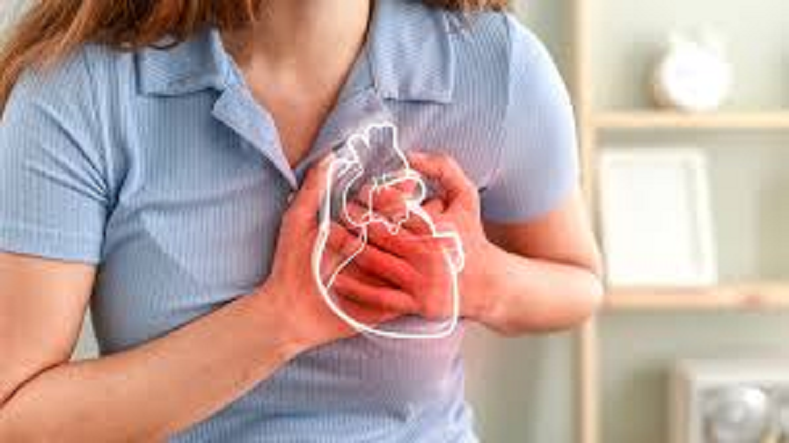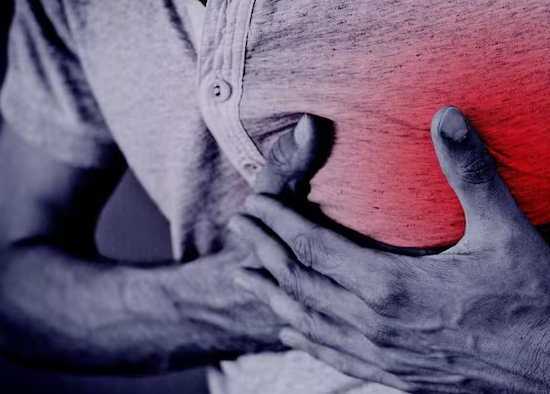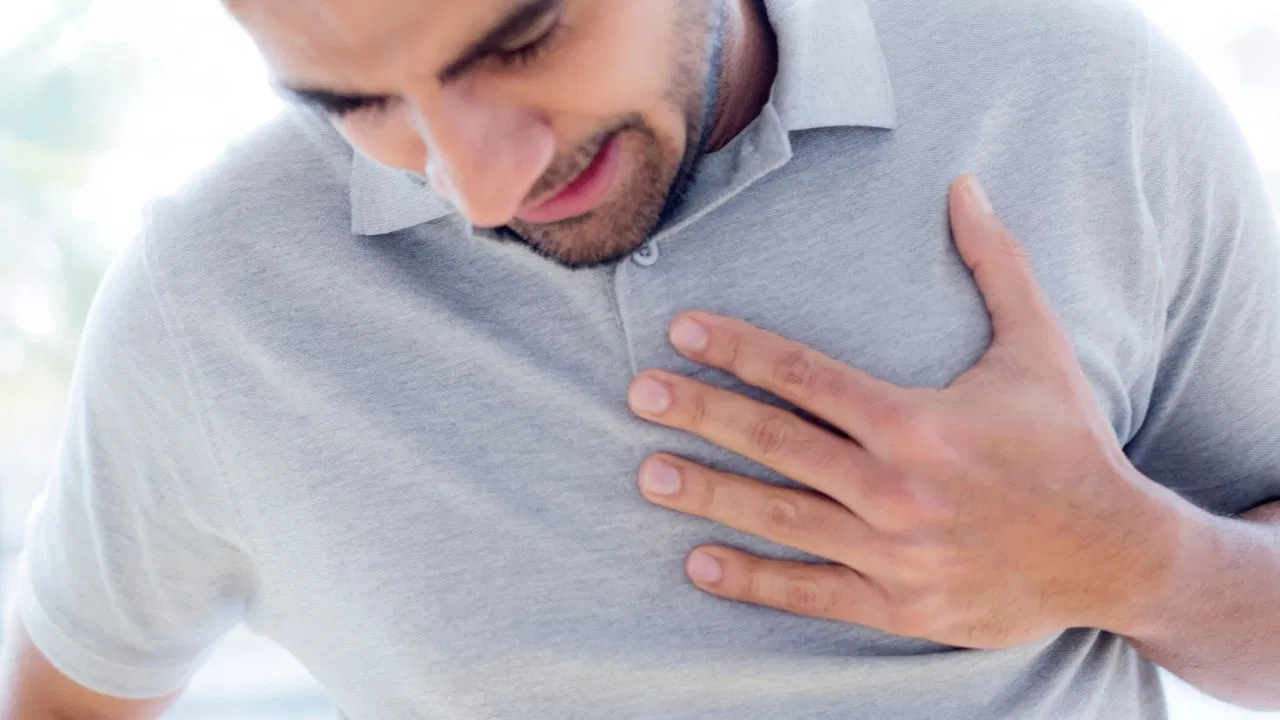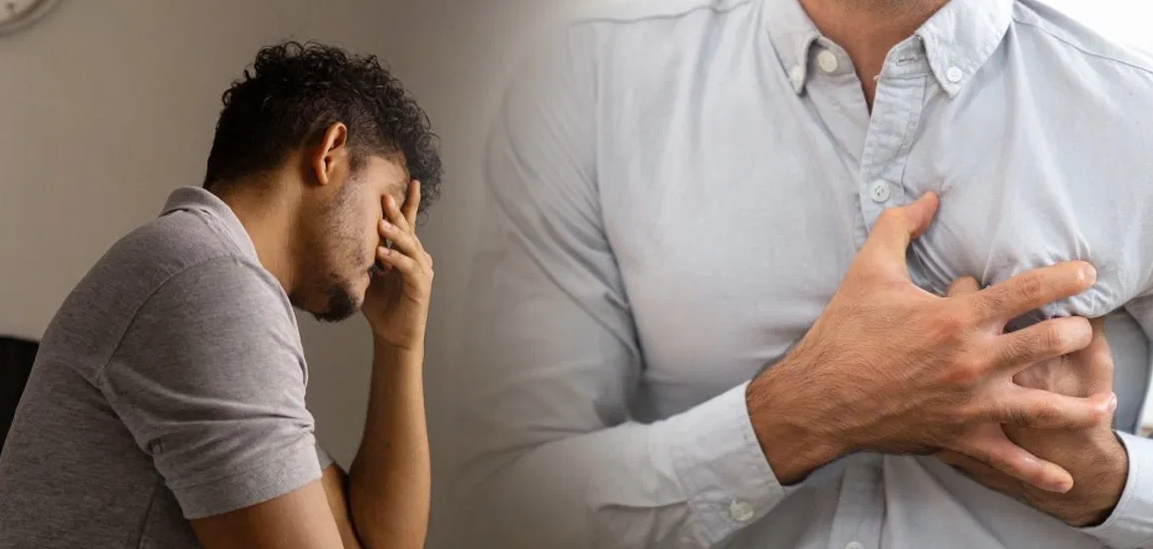Do not ignore these 5 red flags, even by mistake, as they give signals of blockage of heart veins.
- bySherya
- 22 Aug, 2025

For some time now, problems related to the heart are increasing a lot. Let us tell you what are those signs which can tell you that heart veins are about to get blocked.

Often people believe that any heart-related problem is detected immediately, but this is not completely true. Many times heart diseases appear without any obvious symptoms. Especially if you are over 50 years of age, are obese, have high cholesterol and blood pressure, then you need to be more careful.
chest pain and pressure
The most common symptom of a blocked heart artery or a heart attack is chest pain, tightness or pressure. This pain lasts for a few minutes and does not go away even after resting. If the pain is mild and increases on pressing, then it may not be related to the heart but to the muscles.
Nausea and vomiting
Many people feel vomiting, acidity or nausea during a heart attack. This symptom is more common especially in women. So do not ignore it.
Pain spreading to the left
A classic heart attack symptom is pain that starts in the chest and spreads to the left arm, shoulder or back. This pain gradually increases and sometimes makes the whole body uncomfortable.
Sudden dizziness or fainting
If you suddenly feel dizzy or lose balance and also have chest pain or difficulty breathing, contact your doctor immediately. This could be a serious sign of a heart problem.
Pain in the jaw and throat
Generally, throat or jaw pain is associated with cold or muscles. But if this pain spreads to the throat or jaw along with chest pressure, then it can be a sign of a heart attack.
effect of complete blockage
Blockage in arteries can be of different levels. 97 percent of blockages are easy to treat, but if the artery is completely blocked for a long time, the risk increases. In such cases, the body creates new small veins (collaterals), which carry blood but not in sufficient quantity. This results in chest pain and shortness of breath.
What to do?
If you are feeling any of these symptoms repeatedly, do not be careless. Get yourself examined by a doctor immediately and get a stress test or other tests done if needed. A major danger can be avoided by timely identification and treatment.



